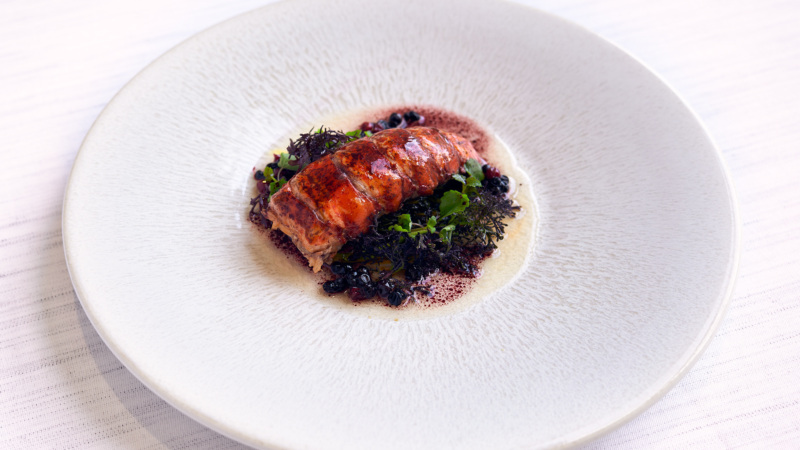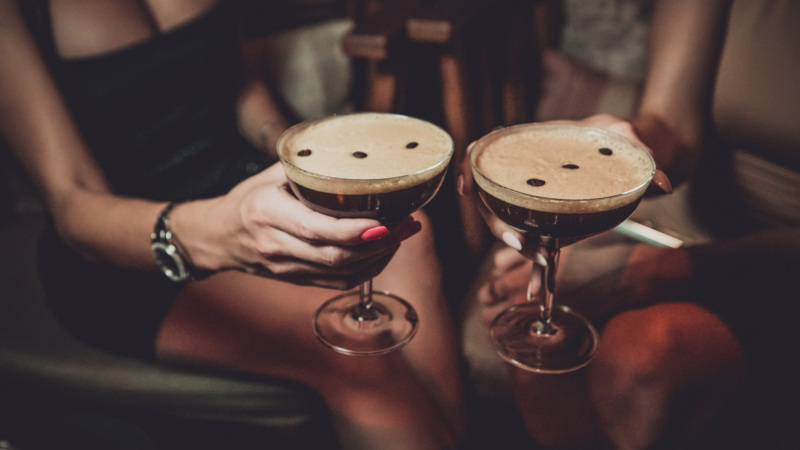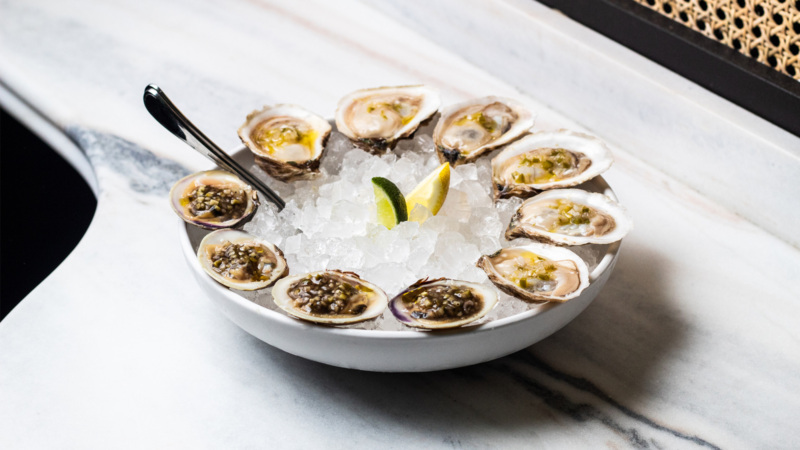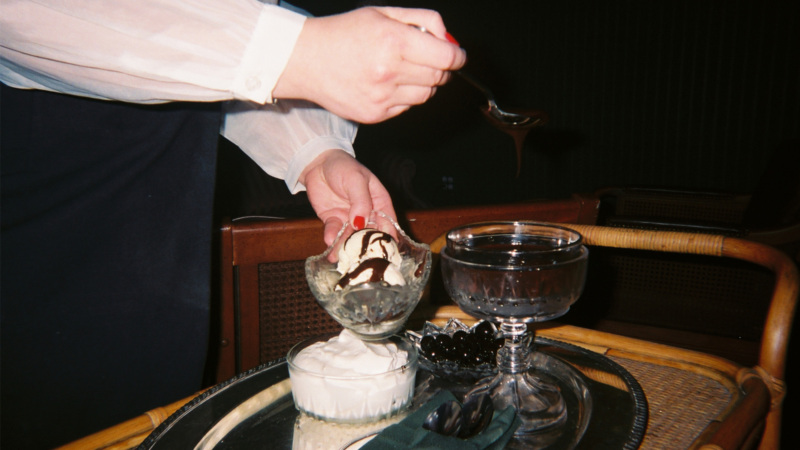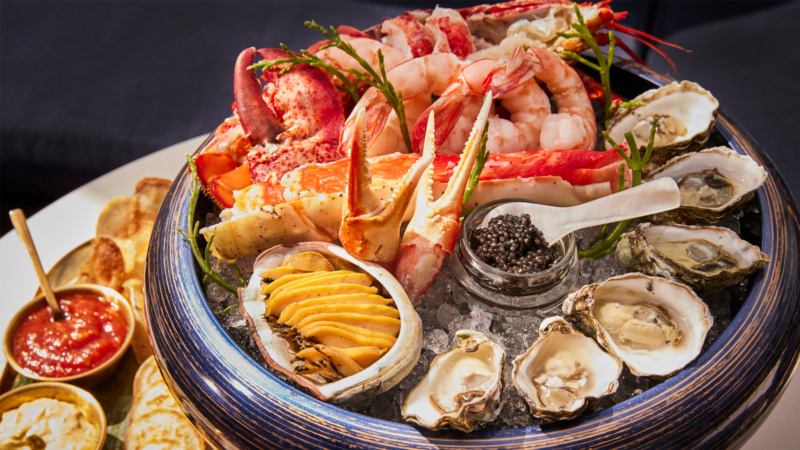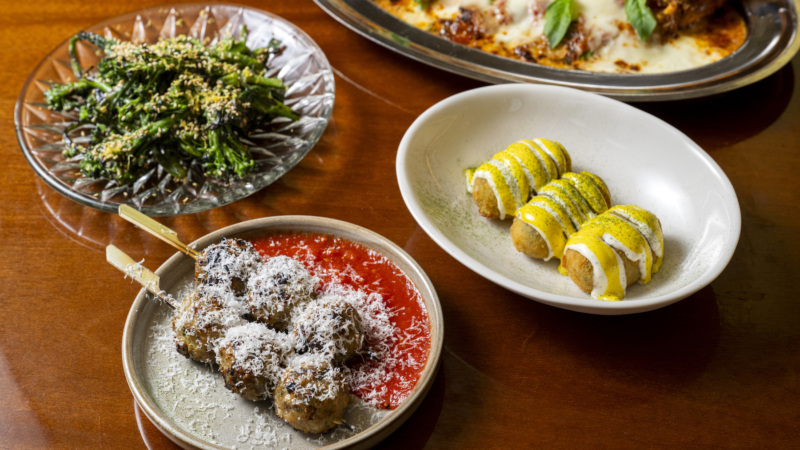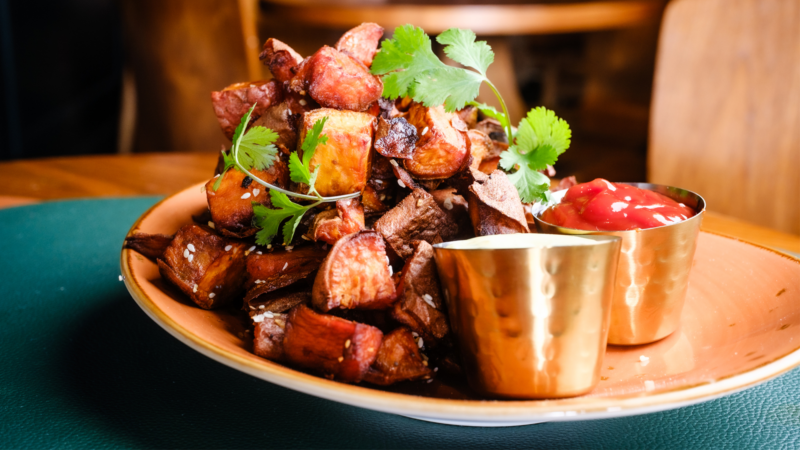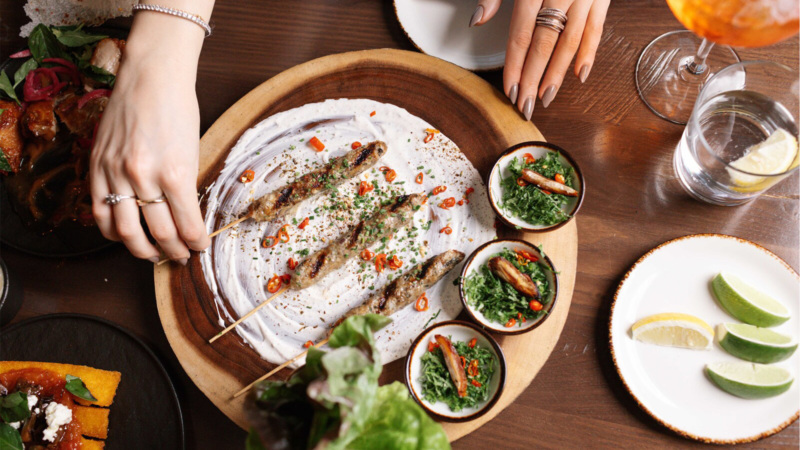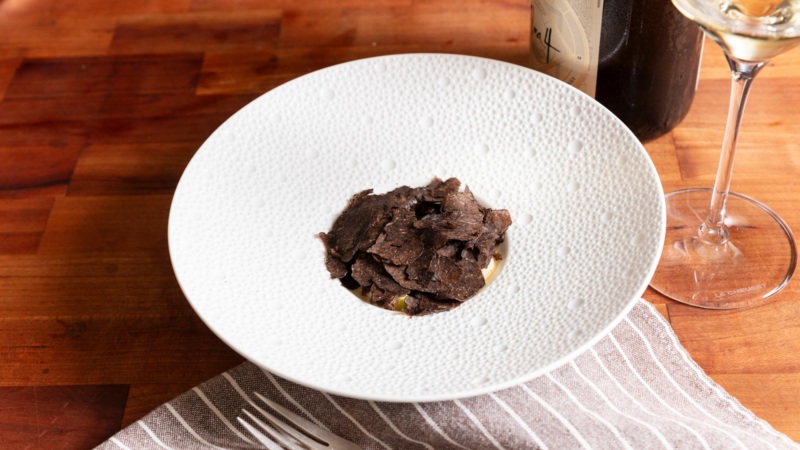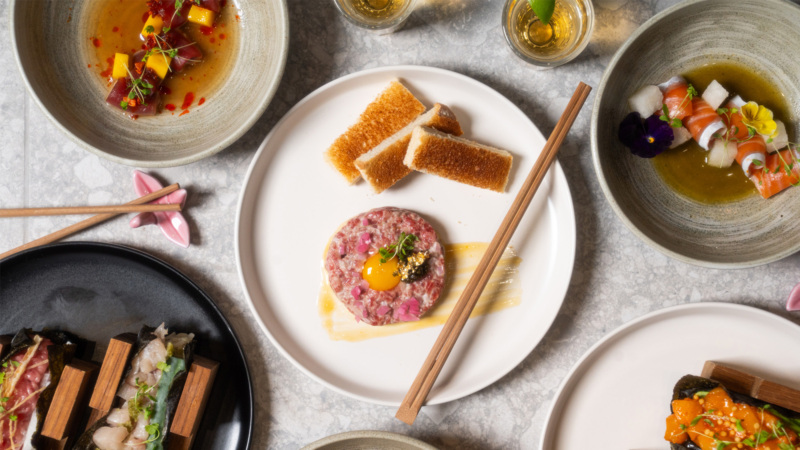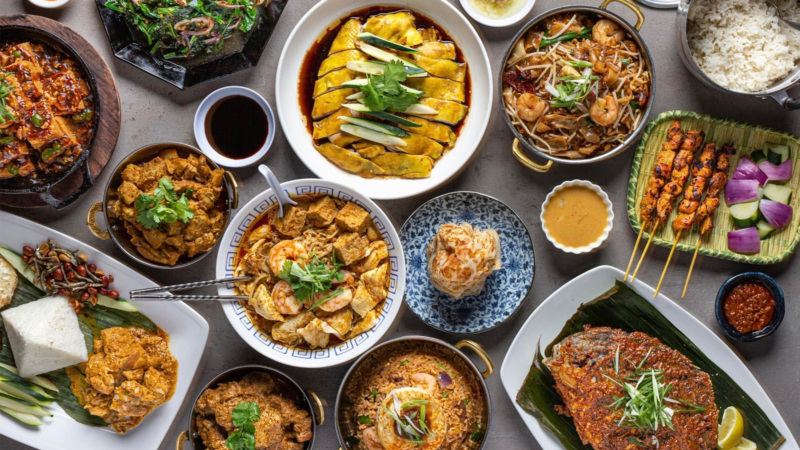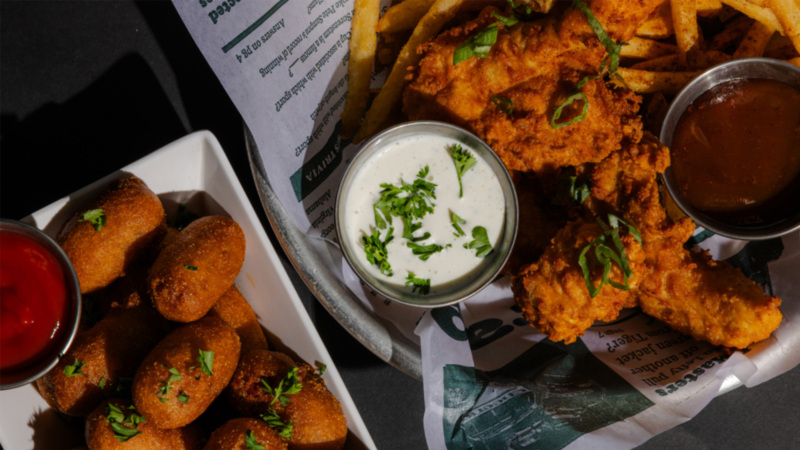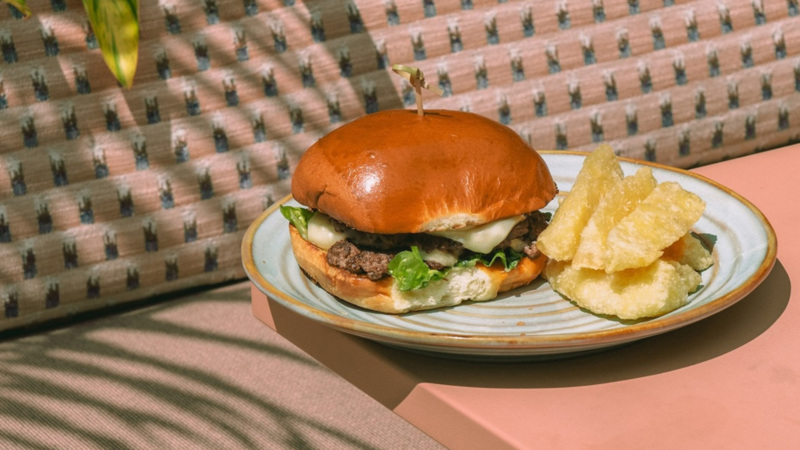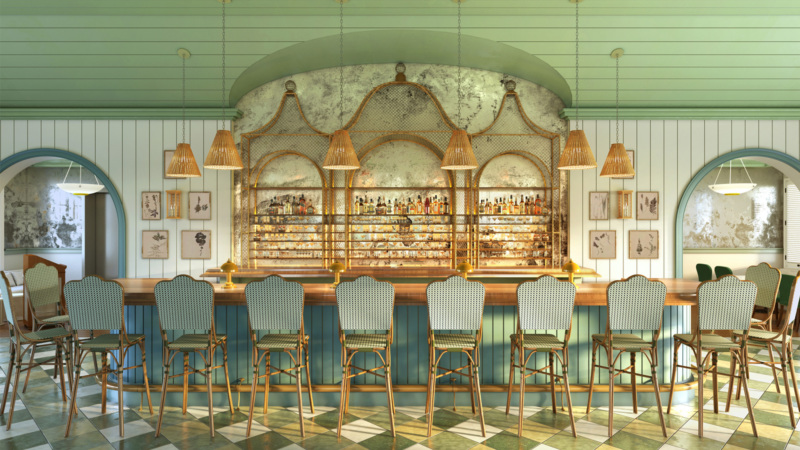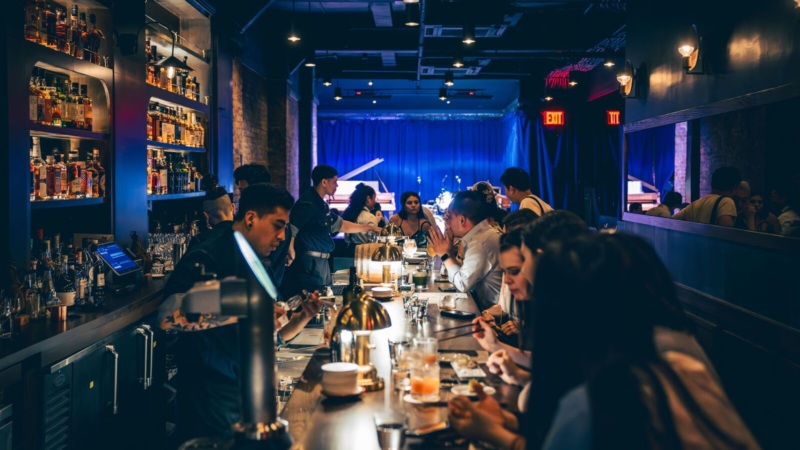
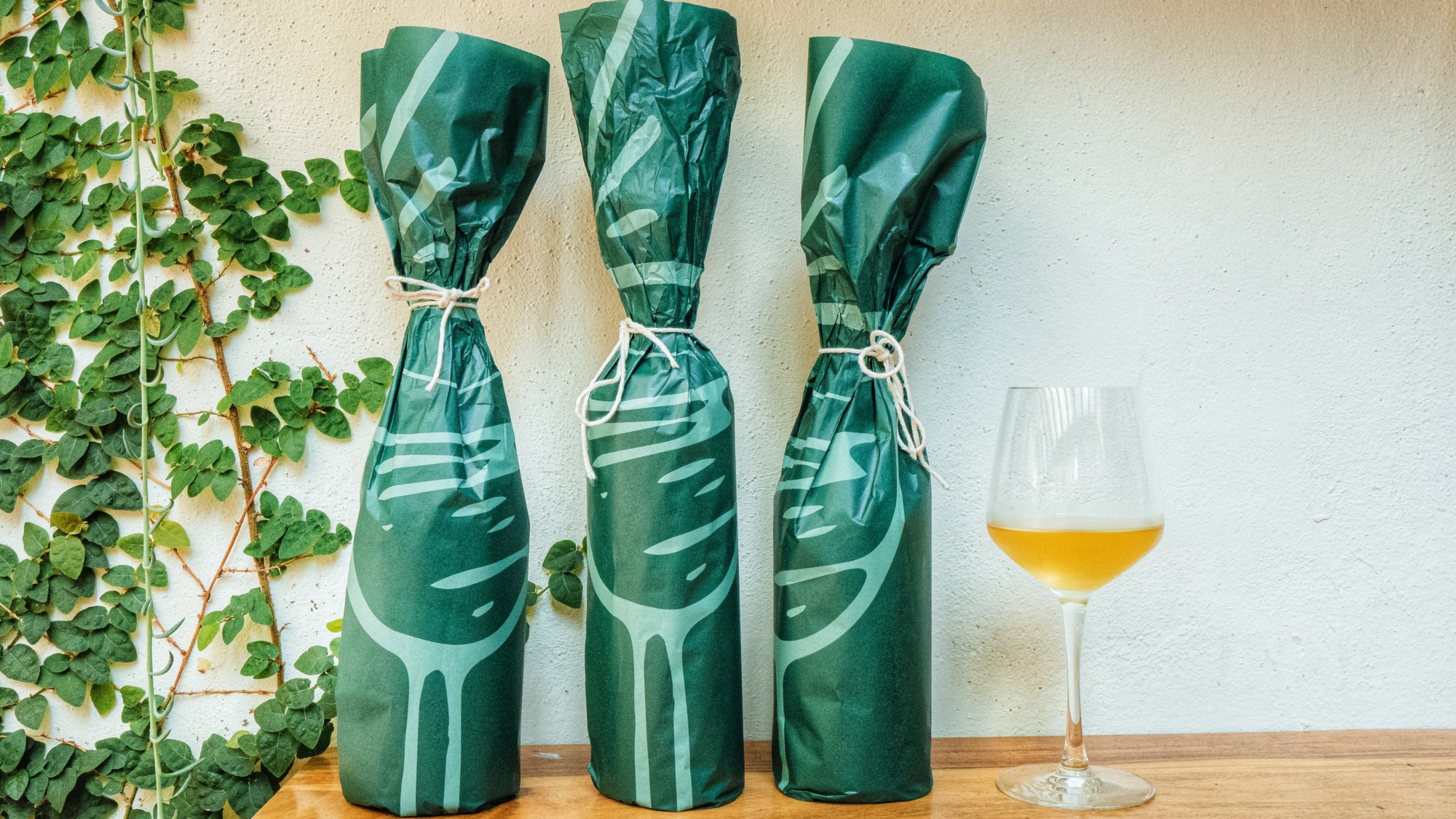
Which Pandemic Pivots Will Become Permanent?
Of the many innovations that restaurants have had to make in the wake of the pandemic — from offering takeout to selling subscriptions — which pivots will remain after the pandemic ends?
Now that the vaccine rollout is underway, some leading restaurant operators share their thoughts on how the pandemic might permanently alter how we dine in restaurants.
The Takeout Dilemma
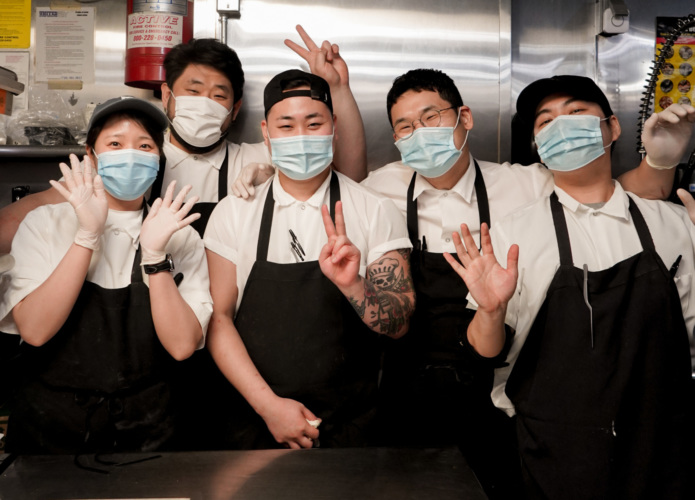
Because of the pandemic, a number of restaurants started offering takeout and delivery for the first time, and for many, it’s been a “lifeline” for the past year.
But it might not make sense for all restaurants to continue indefinitely.
“I know there will be time when the kitchen will be saturated with in-house customers again, and I would rather focus on the people having dinner at the restaurant,” says Café Paulette owner Lionel Guy-Bremond. Adds Llama Inn and Llama San co-owner Juan Correa: “The first thing the kitchen will say to me is, ‘Are you crazy!?’”
At New York City’s Atoboy, takeout was available for some time last year but it’s currently on pause at the moment and general manager Ahris Kim doesn’t think they’ll offer it again anytime soon, especially as they focus on the city’s return to indoor dining.
While Guy-Bremond is reluctant to make takeout a permanent fixture at his restaurant, he is, however, open to offering the picnic baskets with food from the café and wine from his wine store, Petit Paulette, that he sold last spring and summer to diners who wanted to picnic nearby in Fort Greene Park.
At Colonia Verde in Brooklyn, chef and owner Felipe Donnelly launced Casa by Colonia Verde — a separate delivery service that offers everything from prepared foods, easy-to-prepare meals, and pantry staples to mezcal and home goods.
“We’re sending out cold food you can keep in your fridge for up to a whole week,” Donnelly says. “I think that’s something people will want to continue to do especially as people are working from home more and they want a quick bite at home, but they don’t want to have to order out or go to a restaurant.” Donnelly might be onto something, as many experts believe a large number of companies will adopt hybrid work models going forward that combine working from home and working from an office.
Delving Into Retail

Somewhat similarly to Colonia Verde, many other restaurants have also doubled as retailers thanks to the pandemic. Some, like Brooklyn’s Fort Defiance have become grocers or purveyors of wine. Others, like Manhattan Chinatown’s Nom Wah have leaned in heavily to nationwide food shipments via Goldbelly. Others are beginning to retail their own merchandise, like New York City’s Atoboy has. Last year, the owners of Atoboy and Atomix launched Atonae, a retail brand that sells everything from collaborative artwork and apparel to ceramics and sauces.
“Atonae will certainly stay,” says Atoboy’s Kim. “It’s something that has always been an idea we were hoping to launch, and this all came together last spring at the peak of pandemic when we had really limited options available for our guests. COVID-19 actually gave us more time to think about the idea and put it into actualization. It’s now become an important project that has kept the creativity and the passion alive between friends from different industries, supporting one another during the months of dormancy. We want to continue to do Atonae for as long as we can.”
Can Subscriptions Save Restaurants?
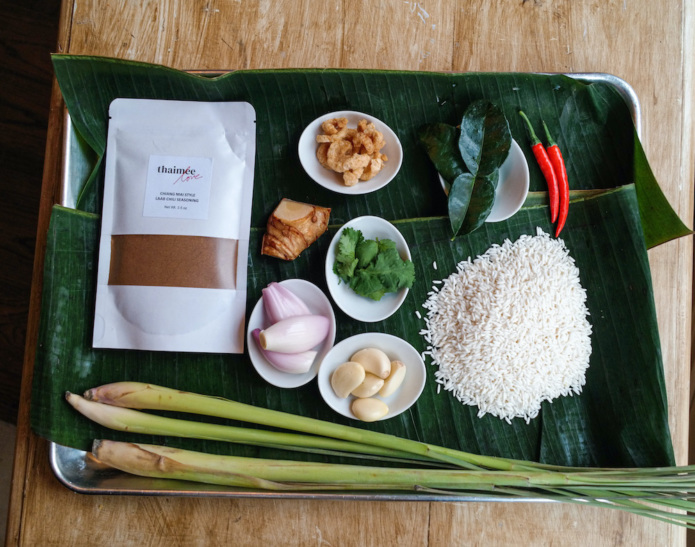
Café Paulette, Colonia Verde, Atoboy, and Llama Inn are, however, giving the restaurant takeout subscription model a try — at least for now. The four restaurants, along with 12 other New York City establishments, are a part of Summerlong Supper Club, a 16-week dinner subscription program that just launched in January. Each week, subscribers receive a full meal from one of the participating restaurants, with each dinner priced at $55 per person (it’s an additional $10 per meal to get it delivered), or $880 total (not including delivery).
So far, participating restaurants have said they appreciate how the organizer, Summerlong, has undertaken the logistical challenges of offering a subscription service like this, and they value the exposure they’ve received to new potential customers. Summerlong has also pledged that all money raised from the sale of subscriptions goes directly back to the restaurants.
Subscription or patronage models for restaurants aren’t an entirely new concept: Remember MealPal, the subscription service aimed at working professionals in search of a good work lunch?
In the Bay Area, the team behind Quince, Cotogna, and Verjus recently launched their own membership program that gives members access to produce boxes, exclusive reservations, and farm trips for a cost of $5,000 a year. Also in the Bay Area, a new tech startup called Third Place is attempting to broker “subscriptions” between customers and local businesses.
Colonia Verde’s Donnelly says he wouldn’t be surprised if more subscription models emerge for restaurants going forward. “I definitely see a future for something like this,” he says. “I think people will respect the idea of subscription meals or packs much more now than before.”
In addition to offering meals through Summerlong, Thaimee LOVE chef and owner Hong Thaimee is also selling subscriptions for virtual classes and meal kits via Table22. She says the pandemic has taught her the need to “grow beyond restaurants now” and to “build a brand” — and offering subscriptions like these help her do just that.
Others, though, like Llama Inn’s Correa, are a bit more skeptical about whether subscriptions can really help restaurants in the long term. He’s also worried about the exclusionary nature of these models. “Our intention is always to be inclusive; when you open your restaurant, your doors are open to everyone. I don’t know how this membership model ends up surviving or thriving outside of an environment like the one we live in today.”
Embracing Outdoor Dining
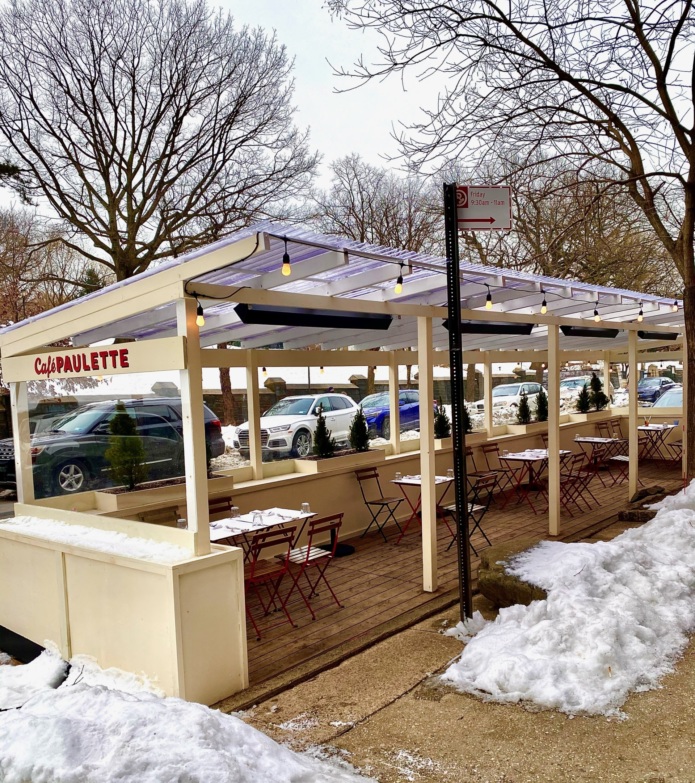
While restaurant operators are eager to offer indoor dining again in a safe manner, they also said that they’ve embraced the creative outdoor dining setups they’ve constructed because of the pandemic — and many hope they can continue to offer outdoor dining going forward. At Café Paulette, for example, outdoor dining has actually doubled the restaurant’s dining capacity.
Regardless of what happens next, and what the timeline looks like for a full recovery, there is some optimism about the future of restaurants and dining out.
“Surviving this challenge gives us a tremendous arsenal of tools going forward as we us as we face different crises or even as we navigate an environment of economic expansion or just business back to normal,” Llama Inn’s Correa says. “Crises like this should bring out the best in all of us, not the worst, and I am hopeful that as we find ways to return to normalcy, we become cognizant of that and we start interacting in a better way going forward.”
Deanna Ting is a Resy staff writer. Follow her on Instagram and Twitter. Follow Resy, too.
Discover More


